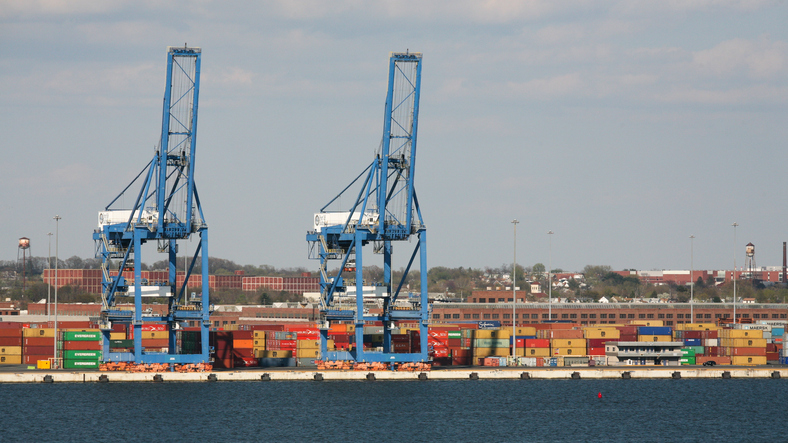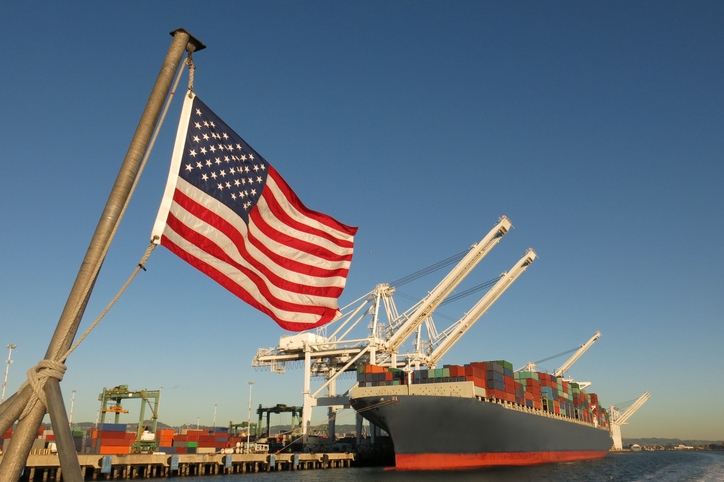
The Weekly Roar
In this week’s Roar: a potential strike at East and Gulf Coast ports, how Houthi attacks are impacting British businesses, an Ocean Alliance announcement, the FMC’s Final Rule on demurrage billing practices, and an update on blockchain in the industry.
It’s like déjà vu. Remember all the problems with West Coast ports when contracts expired last year? Now it’s time for contracts to expire at East and Gulf Coast ports, which has the potential for a strike looming once again. The International Longshoremen’s Association (ILA) is demanding wage increases, and dockworkers are prepared to strike if no agreement is reached by September, when their current contract expires. This could have a significant impact on the economy since it would disrupt cargo shipments during the peak shipping season.
In response to a British Chambers of Commerce survey, more than a third of businesses — specifically exporters, retailers, wholesalers, and manufacturers — say they’ve been affected by Houthi attacks in the Red Sea. The attacks are causing delays and rising costs, which eventually contribute to higher costs across the UK economy. Of course, smaller businesses are hurting more than larger companies, and there’s a push for extra government support for exporters who have been impacted more than others.
In alliance news, the Ocean Alliance has announced they won’t be breaking up. Instead, they’ll be sticking together for at least an additional five years, unlike the 2M Alliance, which announced their breakup late last year. The Alliance, made up of CMA CGM, COSCO, OOCL, and Evergreen, has a current agreement that was set to expire in 2027, but a new agreement extends that until 2032.
The FMC has issued its Final Rule on detention and demurrage billing practices — who can be billed and the timeframe for issuing invoices. The hope of the rule is to improve clarity and fairness across all billing practices. Specifically, as of May 28, 2024, invoices must be issued within 30 days of charges being incurred, and billed parties have 30 days to dispute those charges. Failure to include the required information on an invoice eliminates any obligation to pay the fee.
Fintech and healthcare are probably the leaders when it comes to implementing blockchain technology within their industries. But there are several use cases within the supply chain, and many companies are working on implementing them. Blockchain is a secure system for recording transactions, meaning it could improve transparency, reduce fraud, and save costs. But things like scalability and regulations are challenges that need to be addressed. Regardless, and despite what feels like a slow start, there’s no question as to the potential of integrating blockchain and other technologies across the supply chain.
For the rest of the week’s top shipping news, check out the article highlights below.









